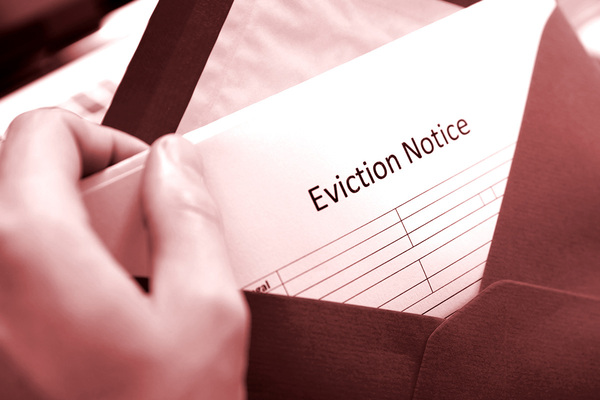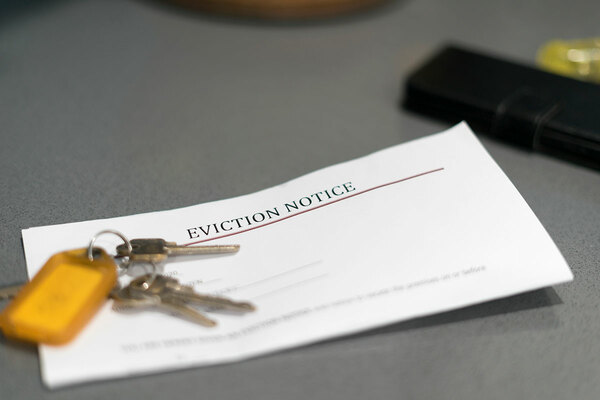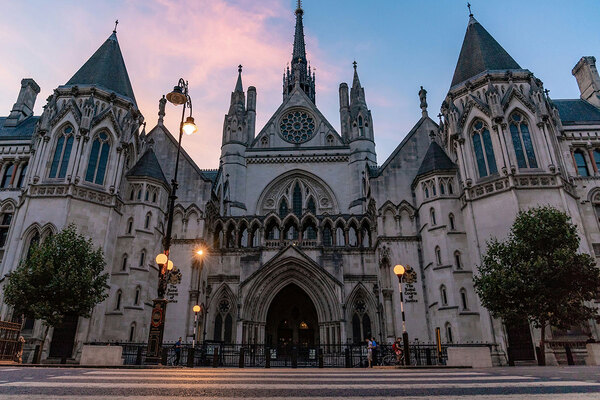You are viewing 1 of your 1 free articles
It will not be business as usual when possession claims restart
When the evictions ban lifts, it is crucial that social landlords understand the new requirements. Judges will be short on time and any adjournments could be lengthy, writes Habib Khan
Sunday marks a significant change for landlords, bringing an end to the government’s stay on possession proceedings. After this date, they will once again be able to obtain a court order to evict a tenant.
However, with additional steps that now need to be taken to move cases forward, it is unlikely to be business as usual.
So, what are the new rules and what should local authority and social housing landlords do to avoid unwanted delays when hearings resume?
In recent months, challenges to tenant management posed by the coronavirus pandemic have been exacerbated by the government’s stay on possession proceedings, introduced as part of the Coronavirus Act 2020.
Put in place to protect tenants from becoming homeless during the pandemic, the rules have also prevented landlords from enforcing warrants for possession orders that were made prior to the stay.
“With the guidance due to remain in place until at least March 2021, not being aware of these changes could result in cases becoming significantly delayed and, in turn, negatively impacting day-to-day tenant management”
While these changes shouldn’t be viewed as a signal to evict large numbers of tenants, they have presented landlords with particular challenges when it comes to collecting rent. In the long term, this could negatively impact their financial position, preventing reinvestment in much-needed social housing stock and exacerbating the UK’s homelessness issue.
In anticipation of the stay being lifted on 23 August 2020, Practice Direction 55 (PD 55C) was published in July to allow the resumption of possession claims. However, in an eleventh hour U-turn, the government has now extended the stay for a further four weeks until 20 September.
Furthermore, landlords serving possession notices from 29 August 2020 and up to at least 31 March 2021 will have to give six months’ notice unless an exception applies.
It’s important for registered providers (RPs) and local authority landlords to be aware that PD 55C sets out some important new rules regarding how cases will work in future. With the guidance due to remain in place until at least March 2021, not being aware of these changes could result in cases becoming significantly delayed and, in turn, negatively impacting day-to-day tenant management.
Practice Direction 55C will come into force on 20 September 2020 for an interim period ending on 28 March 2021. The guidelines apply to both ‘stayed claims’ and ‘new claims’, brought on or before 22 August 2020.
One of the key requirements for landlords introduced by the new rules is the need to file and serve a reactivation notice, in order for stayed claims to be heard. This applies only to stayed claims brought before 3 August and where a final possession order has not been made.
When completing a reactivation notice, landlords must clearly state their wish for the case to be listed, relisted or referred and provide any knowledge they have regarding the effect of the coronavirus pandemic on the defendant, and any dependants they may have.
There are also specific requirements for landlords seeking to reactivate a claim that relates to rent arrears. In such scenarios, they must also provide an updated rent account statement covering the past two years.
Failing to file and serve a reactivation notice by 4pm on 29 January 2021 will mean the claim is automatically stayed. However, should the landlord wish to continue with the claim after 29 January, they will need to apply to lift the stay. This may well result in further unwanted delays.
In cases where claims were stayed before 23 August 2020, landlords must also provide judges with specific information to support their reactivation notice. This includes a copy of their last directions order, as well as all the key dates for compliance. They must also confirm whether the case is suitable for hearing via a video or audio link.
Landlords with new or stayed claims brought on or after 3 August 2020 must also take some specific steps to ensure their cases move through the court system smoothly. These include providing information about the impact of the pandemic on the defendant.
“As well as following the new government rules to the letter, RPs and local authority landlords should ensure that they have detailed chronological records of all tenant management incidents related to their claims”
In the current unprecedented circumstances, a key point for landlords to remember is that judges’ time is in short supply and is therefore more valuable than ever. As such, landlords should be ready to show they have done everything possible to resolve tenant disputes prior to bringing them before the courts.
As well as following the new government rules to the letter, RPs and local authority landlords should ensure that they have detailed chronological records of all tenant management incidents related to their claims.
This should include details of all interactions with tenants and the steps that landlords have taken to improve the situation.
For example, if tenants have fallen into rent arrears, they could provide financial advice and suggest payment plans or draw up anti-social behaviour contracts for matters relating to anti-social behaviour, or they should state why alternative routes to deal with the anti-social behaviour were not appropriate. Cogent, detailed witness statements are also key to supporting the landlord’s position in such scenarios.
While many areas of UK business are regaining a sense of normality, the changes introduced by Practice Direction 55C mean that ways of working are likely to be different for residential landlords for the foreseeable future.
A failure to serve a reactivation notice or the correct supporting information could result in pre-pandemic claims being adjourned by judges, and potentially being pushed back in the queue of long-awaited claims to be heard.
By ensuring a clear understanding of Practice Direction 55C and its key dates, RPs and local authority landlords can keep claims moving smoothly through the court system while supporting their tenant management activities.
Habib Khan, solicitor, Shakespeare Martineau
Sign up for our legal and regulation newsletter
Already have an account? Click here to manage your newsletters












